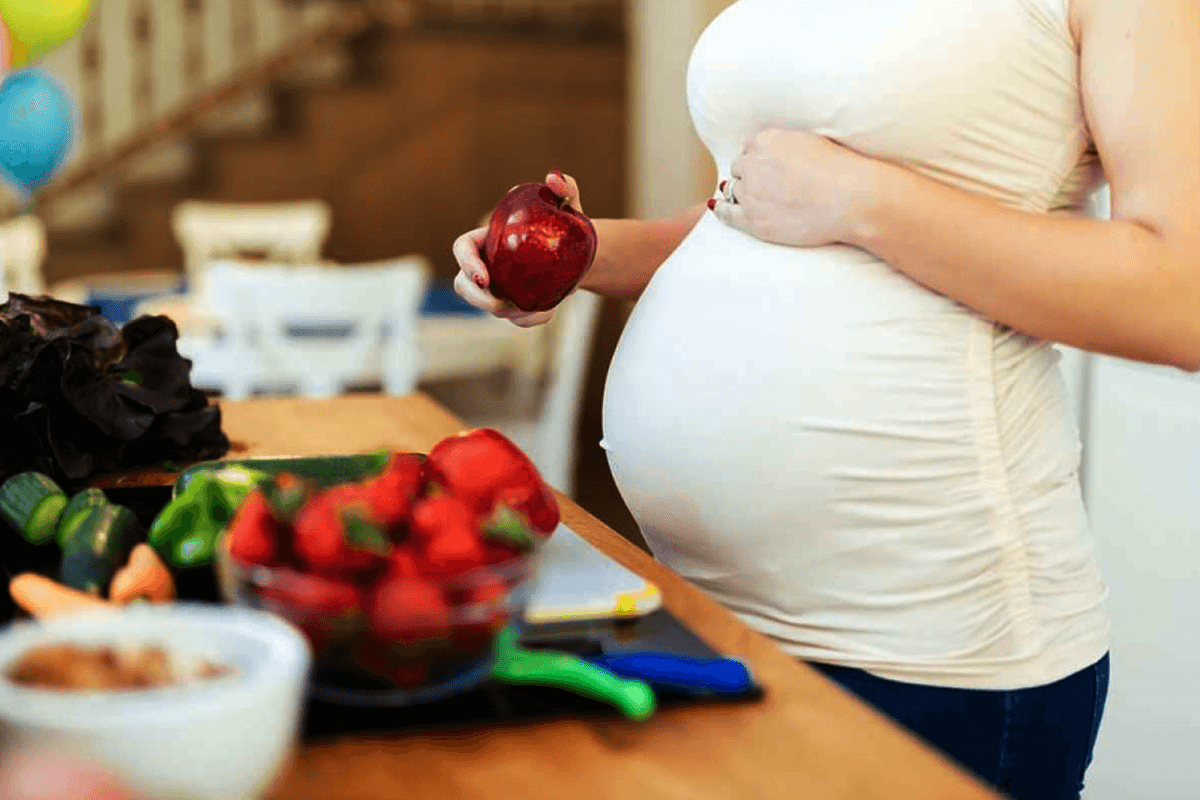
Essential Nutrients for a Healthy Pregnancy
Essential Nutrients for a Healthy Pregnancy
A complete guide to the vitamins, minerals, and nutrients every expecting mother needs for her health and her baby's development.

Pregnancy is a transformative journey that brings immense joy and anticipation. Along with excitement, it brings the responsibility of taking care of your body and your baby. Nutrition plays a vital role during these nine months, as the right nutrients support fetal growth, brain development, immune function, and overall maternal well-being. This guide explores the most essential nutrients, recommended daily intake, sources, and practical tips to incorporate them into your pregnancy diet.
Table of Contents
- Folic Acid
- Iron
- Calcium
- Vitamin D
- Protein
- Omega-3 Fatty Acids
- Iodine
- Choline
- Vitamin B12
- Vitamin C
- Magnesium
- Zinc
- Tips for a Balanced Diet
- Postpartum Nutrition
- Final Thoughts
Folic Acid
Folic acid, also known as vitamin B9, is crucial for preventing neural tube defects in the baby. It also supports DNA synthesis and cell growth.
Recommended Intake: 400–600 mcg daily before conception and during early pregnancy.
Sources: Leafy greens, fortified cereals, lentils, chickpeas, citrus fruits, and spinach.
Iron
Iron is essential for producing hemoglobin, which carries oxygen to your tissues and your baby. Iron deficiency can lead to anemia, fatigue, and complications during birth.
Recommended Intake: 27 mg daily during pregnancy.
Sources: Lean red meat, poultry, fish, beans, lentils, spinach, and iron-fortified cereals.
Calcium
Calcium is vital for building strong bones and teeth in your baby and maintaining your own bone density. Adequate calcium intake helps prevent maternal bone loss during pregnancy.
Recommended Intake: 1,000 mg daily for most adults; 1,300 mg for teenagers.
Sources: Dairy products, fortified plant-based milk, tofu, broccoli, kale, and almonds.
Vitamin D
Vitamin D enhances calcium absorption, supports immune function, and plays a role in your baby's skeletal development.
Recommended Intake: 600 IU daily.
Sources: Sunlight, fatty fish like salmon and sardines, fortified dairy, and fortified cereals.
Protein
Protein supports the growth of fetal tissues, including the brain, and increases maternal blood supply and uterine growth. Adequate protein also helps maintain muscle strength.
Recommended Intake: About 71 grams daily during pregnancy.
Sources: Lean meats, poultry, fish, eggs, dairy, tofu, beans, and nuts.
Omega-3 Fatty Acids
Omega-3 fatty acids, especially DHA, are crucial for fetal brain and eye development. They also support maternal cardiovascular health.
Recommended Intake: 200–300 mg DHA daily.
Sources: Fatty fish, chia seeds, flaxseeds, walnuts, and omega-3 fortified eggs.
Iodine
Iodine is essential for thyroid function and fetal brain development. Deficiency can lead to cognitive impairments.
Recommended Intake: 220 mcg daily.
Sources: Iodized salt, dairy, seafood, and eggs.
Choline
Choline is vital for brain development, cell membrane formation, and preventing neural tube defects. Many prenatal vitamins may not provide sufficient choline.
Recommended Intake: 450 mg daily.
Sources: Eggs, liver, meat, fish, and legumes.
Vitamin B12
Vitamin B12 supports red blood cell formation, neurological function, and DNA synthesis. It is particularly important for vegetarians and vegans.
Recommended Intake: 2.6 mcg daily.
Sources: Meat, poultry, fish, dairy, fortified cereals, and supplements.
Vitamin C
Vitamin C aids collagen formation, enhances iron absorption, and supports immune function during pregnancy.
Recommended Intake: 85 mg daily.
Sources: Citrus fruits, strawberries, bell peppers, tomatoes, and broccoli.
Magnesium
Magnesium supports bone health, muscle function, and helps reduce pregnancy complications like preeclampsia and leg cramps.
Recommended Intake: 350–360 mg daily.
Sources: Nuts, seeds, whole grains, dark leafy greens, and legumes.
Zinc
Zinc is essential for immune function, cell growth, and DNA synthesis. Adequate zinc levels reduce the risk of low birth weight.
Recommended Intake: 11 mg daily.
Sources: Meat, shellfish, legumes, seeds, and whole grains.
Tips for a Balanced Pregnancy Diet
- Eat a variety of fruits, vegetables, lean proteins, and whole grains.
- Include healthy fats like avocado, nuts, and olive oil.
- Stay hydrated with water, coconut water, and herbal teas.
- Limit processed foods, excess sugar, caffeine, and alcohol.
- Consider prenatal vitamins after consulting your doctor.
Postpartum Nutrition
Nutrition remains important after delivery, especially if breastfeeding. Focus on iron, calcium, protein, and hydration to support recovery and milk production. Include omega-3s for your baby’s brain development through breast milk.
Final Thoughts
Proper nutrition is the cornerstone of a healthy pregnancy and postpartum recovery. By including these essential nutrients, eating a balanced diet, and following your healthcare provider's recommendations, you support your health and give your baby the best possible start in life. Embrace this journey mindfully and enjoy every stage of motherhood.
